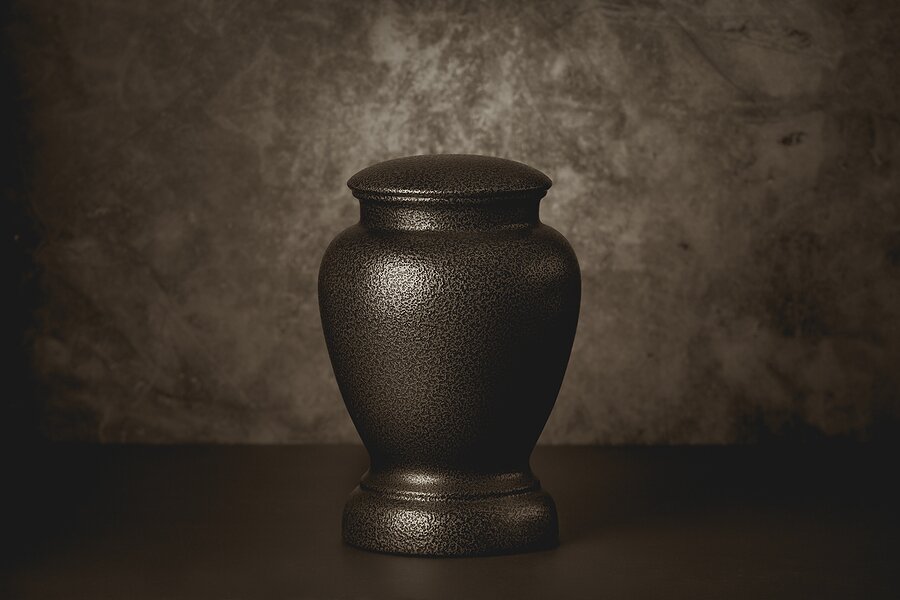What Does My Religion Say About Cremation?
Cremation is rapidly becoming more and more popular in America, with a projected over 54% of Americans opting to cremate in 2020. If you or a loved one are considering choosing cremation for your end-of-life decisions, you may have some questions. Most major religions have an official stance on cremation.
Cremation and Your Religion
If you or your family are religious, it may be important to check if cremation is accepted in your religion. Most religions that oppose it are against cremation because they believe that it is against the faith’s ideas of salvation. Some more traditional cemeteries may not accept ashes because of these religious beliefs.
Judaism
For people of the Jewish faith, the various sects have different opinions on cremation. Orthodox Judaism is strongly opposed, Other Jewish sects discourage it, but Reform Judaism considers it acceptable.
Christianity and Cremation
For most of their history, Christianity has been opposed to cremation. However, it is becoming rapidly more acceptable. The Catholic Church and most Protestant sects now accept it, although burial is still the most common practice.
Alternatively, some sects still do not consider cremation as acceptable. Greek and Russian Orthodox churches generally do not see cremation as acceptable. The main reason for this is the belief that the body is a necessary part of the transition to the afterlife.
Islam and Cremation
According to the teachings of Islam, cremation is not allowed. Of the major religions, the Islamic faith is probably the most opposed to cremation. Much of this has to do with wanting to respect the body in death as it was respected in life.
Jehovah’s Witnesses
The beliefs of Jehovah’s Witnesses and more mainstream Christian belief systems differ in that they focus much more on the spiritual side of resurrection. As such, they do not have any restrictions when it comes to cremation practices.
Buddhism and Cremation
While not technically a religion, so much as it is more a collection of philosophical teachings, Buddhism does not have a set opinion on cremation. Many Buddhists, however, choose cremation, because the Buddha was cremated. Burial is also permissible.
Hinduism and Cremation
The Hindu faith considers the body as a vessel to carry the soul through life until it is ready to begin anew. Upon death, the soul leaves the body and enters another, reincarnating the spirit until it reaches “Mukti,” or union with the Source. Cremation is preferred in Hinduism as it encourages the soul to leave the body and continue its journey.
Mormonism
The Church of Jesus Christ of Latter-Day Saints generally suggests avoiding cremation unless required by law. Yet, they don’t prohibit it, and it is not seen as a hindrance to the journey to the afterlife. Cremation generally does not prevent a Mormon individual from receiving an LDS funeral or memorial service.
Atheism and Cremation
While not a religion, but a lack thereof, Atheism is the fastest-growing religious identification in America. It is also a major factor as to why cremation is growing popular in America. As there are no specific guidelines for end-of-life practices for Atheists, it often comes down to personal decisions.
Matthew Funeral Home has over 50 years of experience in handling funerals for families of all cultures and creeds in the Staten Island community. We have the expertise to ensure that your family’s cultural and spiritual needs are met while providing the care and respect your loved one deserves.
For over 50 years, Matthew Funeral Home has been serving the Staten Island community. We can help with almost every aspect of your loved one’s memorial service. Our family is here to serve yours, every step of the way.
 (718) 761-5544 |
(718) 761-5544 |  matthewfh@matthewfuneralhome.com |
matthewfh@matthewfuneralhome.com |  2508 Victory Boulevard, Staten Island, NY 10314
2508 Victory Boulevard, Staten Island, NY 10314








 matthewfh@matthewfuneralhome.com
matthewfh@matthewfuneralhome.com
Comments